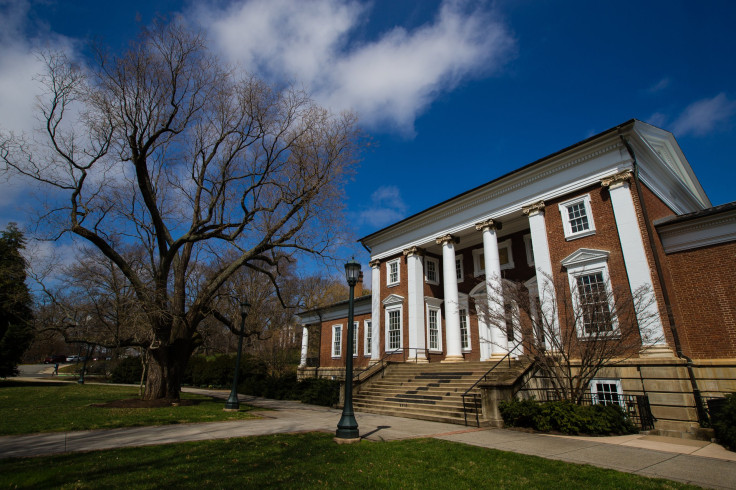Campus Sexual Assault: UVA Title IX Investigation Finds 'Mixed Record' Of Handling Complaints Before New Policies

The University of Virginia in Charlottesville has had a "mixed record" in terms of correctly dealing with sexual harassment and violence cases from students over the past few years, and in at least three cases failed to "promptly and equitably" respond to complaints, the Department of Education announced Monday in a news release. An investigation of the school found that it had violated the Title IX nondiscrimination law, but it later entered into a resolution agreement promising a better policy and system.
“I am pleased to join President Teresa Sullivan in announcing the resolution we reached with the University of Virginia,” Catherine E. Lhamon, assistant secretary for civil rights, said in the release. “President Sullivan’s leadership in crafting an exemplary new policy to address sexual violence and sexual harassment, and in confirming her continuing commitment to comprehensive work to assure a safe learning environment at UVA, sets just the right tone for her students, for which I am deeply grateful.”
The university was found to have violated Title IX, which prohibits gender- and sex-based discrimination in any school receiving financial aid from the government, between 2008 and 2012 and in three cases afterward. Alleged student victims experienced a hostile environment on campus, and in some instances, the school did not look into information relevant to cases linked to fraternities, according to the release. School policy also did not give both victims and accused students fair due process, the release stated.
Before the probe was completed, the university revised its Title IX rules and signed the resolution agreement, which forces the school to tell all student organizations that sexual violence is forbidden and noncompliance can result in severed ties. It also instructs the university to review all complaints from 2011 to 2014 to make sure they were handled correctly and remedy them if not, among other requirements.
The University of Virginia was at the center of a firestorm last November when Rolling Stone published a graphic feature story describing the rape of student "Jackie" at a fraternity party and the subsequent mishandling of the case by school administrators. At first celebrated for raising awareness of the widespread campus rape problem, the article began to fall apart when other media organizations called out discrepancies in the report. In March, the local police department concluded that the assault did not happen where, when or with whom "Jackie" said it did, and Rolling Stone retracted the article in April.
However, the Title IX probe began in June 2011 -- years before the article's publication. It joined investigations at more than 130 postsecondary institutions for potential violations of the law, the Huffington Post reported.
Monday also saw the release of one of the largest surveys about campus sexual violence ever conducted in the United States. The Association of American Universities published the results of a study that included 150,000 students at 27 institutions. Nearly 12 percent of respondents said they'd experienced nonconsensual penetration or touching while in college -- especially women and students who identified themselves as transgender, genderqueer, nonconforming, questioning and other.
© Copyright IBTimes 2024. All rights reserved.






















